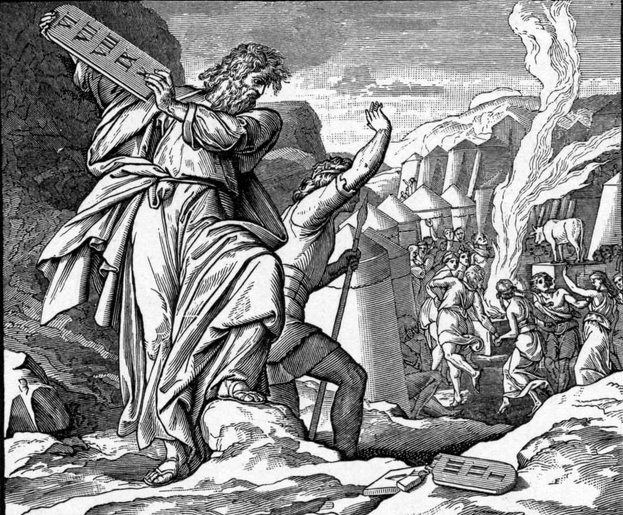This is an archive of the site I started when I left the Revival Fellowship, the church I grew up in, back in 2010. It was a collection of thoughts, formatted as questions, that led me away from the church and ultimately Christianity. It was a way to make sense of it all, to make room for doubt, and to invite others to question.
-
Responses to common theist arguments
-
What I used to believe
-
10 questions for a ‘Basics Night’
-
The summary
-
Rightly dividing the word of truth
-
Do christians really believe?
-
150 ways to get saved
-
The Outsider Test for Faith
-
The resurrection of Jesus
-
Evolution = science.
-
The tablets
-
And all the people said?
-
Questions on the Bible
-
Questions on tongues
-
Questions on God
-
Questions on creation
-
Questions on Jesus
-
Questions on prayer
-
About this site


















